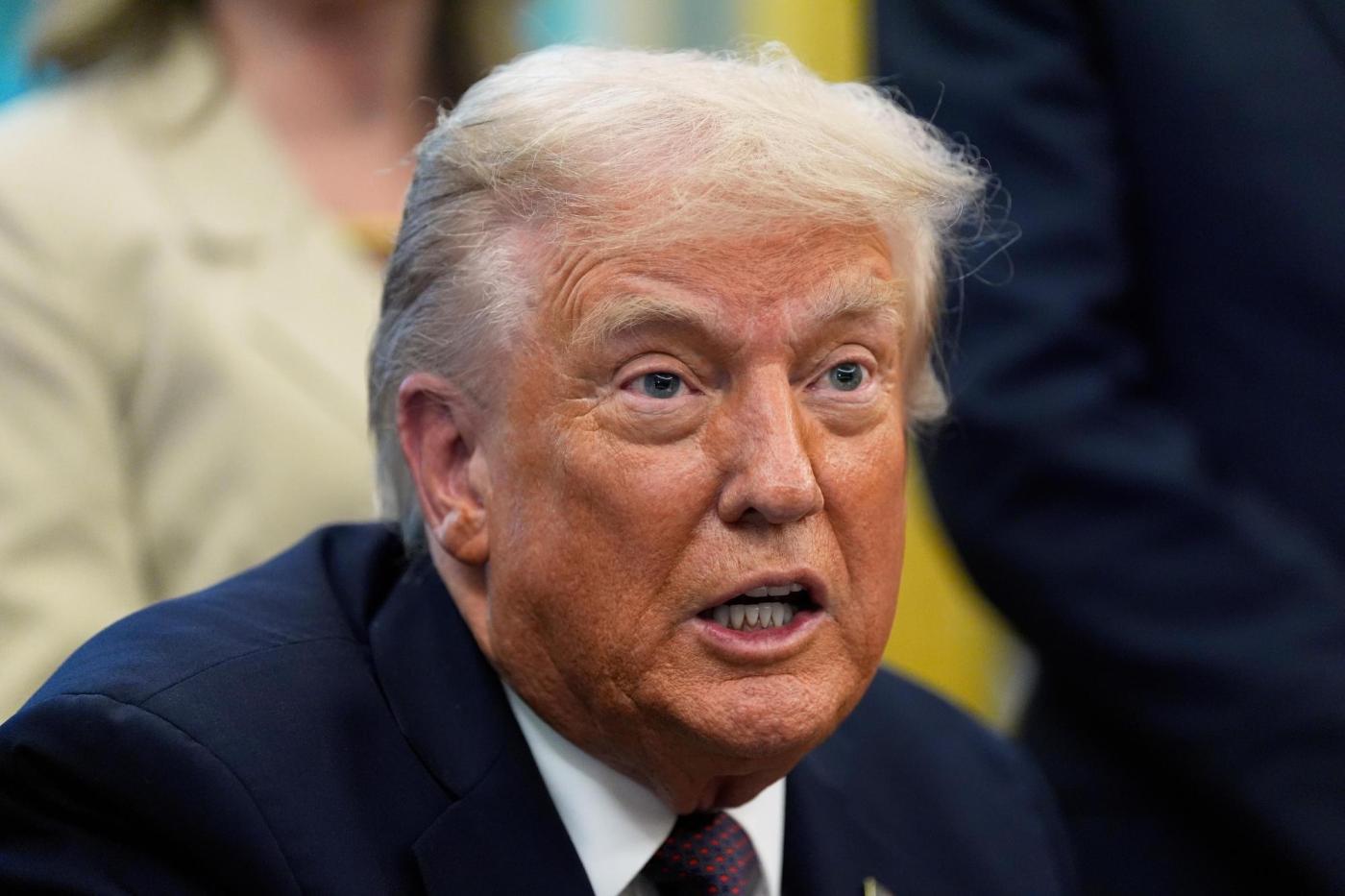The Georgia Supreme Court has decided not to review the appeal submitted by Fulton County District Attorney Fani Willis, who sought to contest her removal from the election interference case against former President Donald Trump and others. This ruling follows a December 2022 decision by the Georgia Court of Appeals, which cited an “appearance of impropriety” due to Willis’s personal relationship with a special prosecutor involved in the case.
In December, the appeals court determined that Willis and her office could no longer prosecute the case. Willis subsequently requested that the Georgia Supreme Court examine this ruling. On January 30, 2024, the high court opted not to take up the matter, effectively concluding her role in the proceedings.
With the Supreme Court’s decision, the responsibility now falls to the Prosecuting Attorneys’ Council of Georgia to appoint a new prosecutor to oversee the case. The new prosecutor will have several options: they may continue along the path established by Willis, choose to pursue only certain charges, or potentially dismiss the case entirely. Given the complexity and resource requirements of the case, finding a willing prosecutor could prove challenging.
Even if a new prosecutor decides to pursue the case as planned by Willis, prosecuting Trump may pose difficulties, especially now that he is a sitting president. Nonetheless, 14 other defendants, including former aides and allies, still face charges.
In August 2023, a grand jury in Atlanta indicted Trump along with 18 others under the state’s anti-racketeering law. The indictment alleges that they engaged in a broad scheme to unlawfully overturn Trump’s narrow loss to Democrat Joe Biden in the 2020 presidential election in Georgia. This alleged conspiracy included Trump’s controversial call to Georgia Secretary of State Brad Raffensperger, in which he urged him to “find” enough votes to secure a victory against Biden. To date, four individuals associated with the case have pleaded guilty, indicating a potentially significant shift in the dynamics of the ongoing legal battle.
As the legal proceedings unfold, the implications of this case extend beyond the courtroom, highlighting the intricate relationship between politics and the law in modern America. The developments in Georgia could set a precedent for similar cases in other jurisdictions, emphasizing the ongoing national conversation regarding election integrity and accountability.





































































